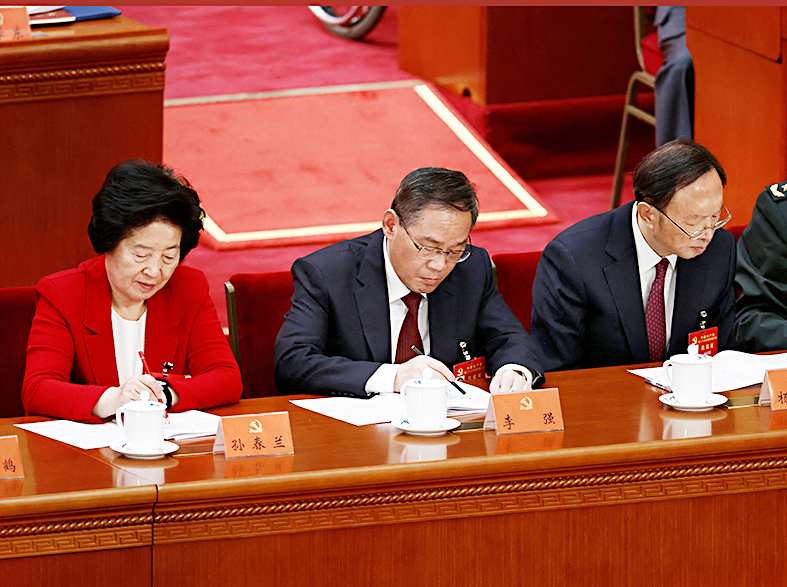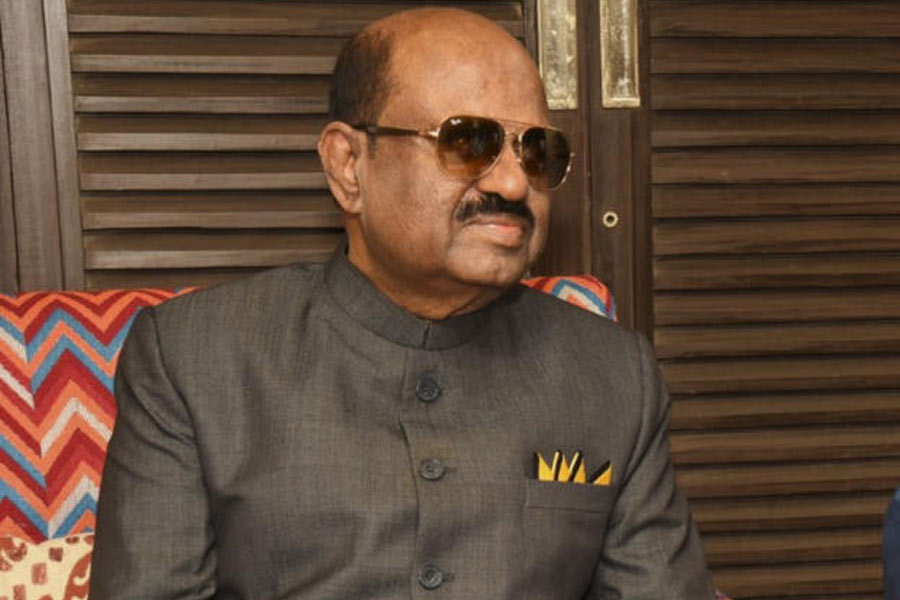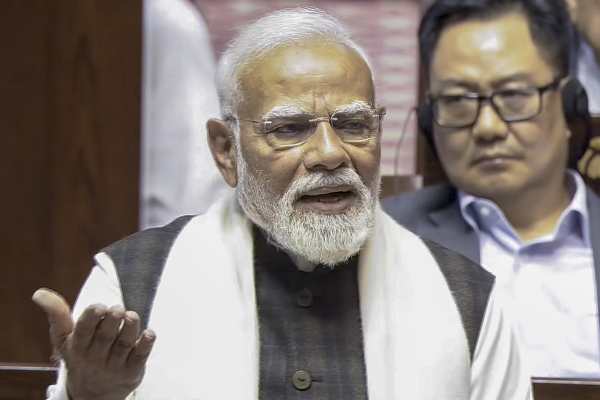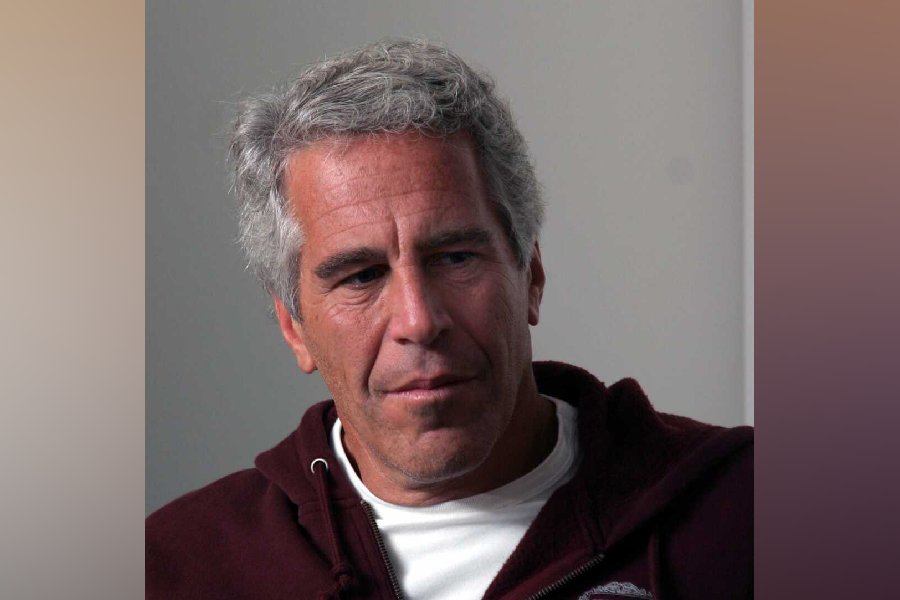Her haircut — the closecropped style typical of rural migrants — gave her away. Had she given her college entrance exam as she had planned to in 1978, just a year after it was revived following Mao’s death, she may have been a different personality today. Strange as it may sound given the competitiveness that defines contemporary China, it was her father who dissuaded her from sitting for the exam. As the village secretary of the Communist Party of China, he was on the lookout for someone who could avail of the government’s new basic medical training scheme. The village lacked a doctor; illnesses lingered for months. She was the only one who had finished high school; who else could the Party secretary have turned to?
So Liu gave up her academic dreams to satisfy the needs of her fellow villagers. She charged them only for the medicines, sometimes not even that. In 2006, healthcare in Communist China officially became a commodity: villagers had to pay an annual fee of 10 yuan to avail of it. Even that was too much for some, so Liu paid the amount without letting them know. By then, she was also a teacher, called in to revive a village primary school that had shut after the only teacher there left. In 1996, villagers elected her Party secretary, and this year, aged 60, she was elected as one of 2,296 delegates to the 20th National Congress, a closely fought race.
Liu was one of the few who stood out among the assembly-line delegates in their dark suits that formed the dominant image of the just-concluded Party Congress of the Communist Party of China. Thirty-three per cent of the delegates must belong to the front lines. Zhang was one of them. Unable to get over the deaths of her parents and husband from cancer, this city teacher, then only 38, went off to a remote mountainous area and opened up the world for more than 2,000 girls who would otherwise have got married without ever being able to study beyond middle school. This is the second time the 65-year-old, who suffers from rheumatoid arthritis, lung fibrosis and severe stomach problems, has been elected as a delegate to the Party Congress, which is held every five years.
Then there’s Xie, who, after being a bride at 18, introduced her village to walnut cultivation and then mobilised the villagers to build an eight-kmlong road that could help take their walnuts to the market. In the midst of all this, she was stricken with breast cancer, but did not give up. There is also 50-year-old Li, a fireman who has saved thousands of lives, rushing back into burning buildings even after passing out from the smoke.
What a chasm separates these delegates from those chosen by the CPC supremo, Xi Jinping, to help him run the country. Almost all of them are male, graduates from the top two universities — Tsinghua or Peking — while a few are alumni of prestigious foreign colleges. They have reached the top after having held senior positions in the CPC’s Central Committee, or top administrative posts such as that of a mayor. None of them studied in a makeshift school set up inside the village temple like the 40-year-old delegate, Su, did, or taken in and supported a convicted petty thief till he found a job like the 70-year-old, Lin, the CPC chief of a city community.
Everywhere, top leaders belong to the elite, worlds removed from party cadre. But for this to be so in a Communist country, whose supreme head claims to uphold Mao Zedong’s thought is especially ironic. Whatever happened to Mao’s motto of “leadership is from the masses, to the masses”?










